Arab World Among the Most Vulnerable to Climate Change
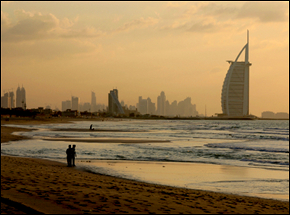
Food production in the Arab world will be hurt by sea level rises and water scarcity exacerbated by climate change, concluded two reports released last week, according to Reuters.
“Climate change will be critical for the Arab world because this region in particular already suffers from poverty, widespread aridity, water scarcity and social marginalization,” said Sima Bahous, Deputy Secretary General for Social Development in the Arab League, during a press conference for the release of The State of World Population 2009, a report by the United Nations Population Fund (UNFPA).
“Awareness in the Arab region is getting better at this point and governments are aware of the impact of climate change,” said Henrietta Aswad, regional communication adviser for UNFPA, at the conference. “Yet more studies and data need to be conducted to basically have a better assessment of the real impact especially on vulnerable groups in the region.”
Developing a better knowledge base was one of the recommendations made during the Arab Forum on Environment and Development’s (AFED) conference on climate change in Beirut last week.
Delegates at the talks called on Arab governments to set emission reduction targets, create technical bodies for climate assessment, make climate change a public policy issue for all levels of government, and begin public awareness campaigns.
Delegates were concerned that Arab countries were doing little to adapt to climate changes, according to the conference declaration.
The meeting was convened to discuss the findings in the report, Impact of Climate Change on Arab Countries. The report underscored the dangers of sea level rise, among other things. A one-meter rise would put 12 percent of Egypt’s farmland at risk in the Nile Delta and inundate an area four times the size of Lebanon.
To secure more reliable food supplies, Arab countries are leading the trend of outsourcing agricultural production, Circle of Blue reported last week. Saudi Arabia, Qatar and Libya are among the countries leasing or buying farmland in sub-Saharan Africa, Latin America, Eastern Europe and South Asia.
Source: Reuters
Watch AFED’s 12-minute documentary ‘Wet and Dry’ on climate change in the Arab world.
Brett writes about agriculture, energy, infrastructure, and the politics and economics of water in the United States. He also writes the Federal Water Tap, Circle of Blue’s weekly digest of U.S. government water news. He is the winner of two Society of Environmental Journalists reporting awards, one of the top honors in American environmental journalism: first place for explanatory reporting for a series on septic system pollution in the United States(2016) and third place for beat reporting in a small market (2014). He received the Sierra Club’s Distinguished Service Award in 2018. Brett lives in Seattle, where he hikes the mountains and bakes pies. Contact Brett Walton



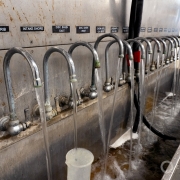
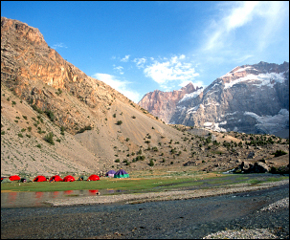
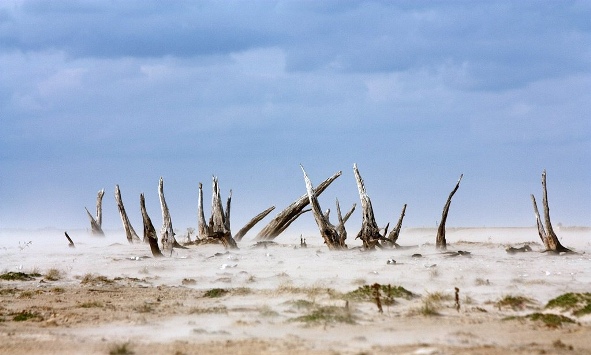
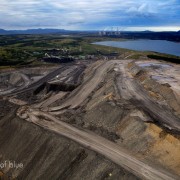
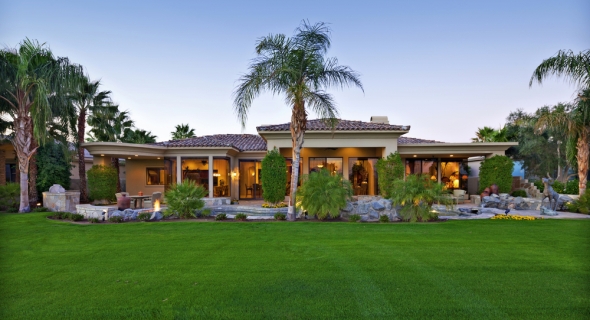




Taiz city, Yemen is constructing channels for flood control under TMDFPP (Taiz municipal development and flood protection project) under IDA fund . Taiz has an average rainfall of 600 mm/yr , which go waste inspite of spending huge money. The constructed chanels have become receptackle for municippal waste for the citizen. Yemen is a low GDP country short of arable land and food scarcity , could allow such national waste .